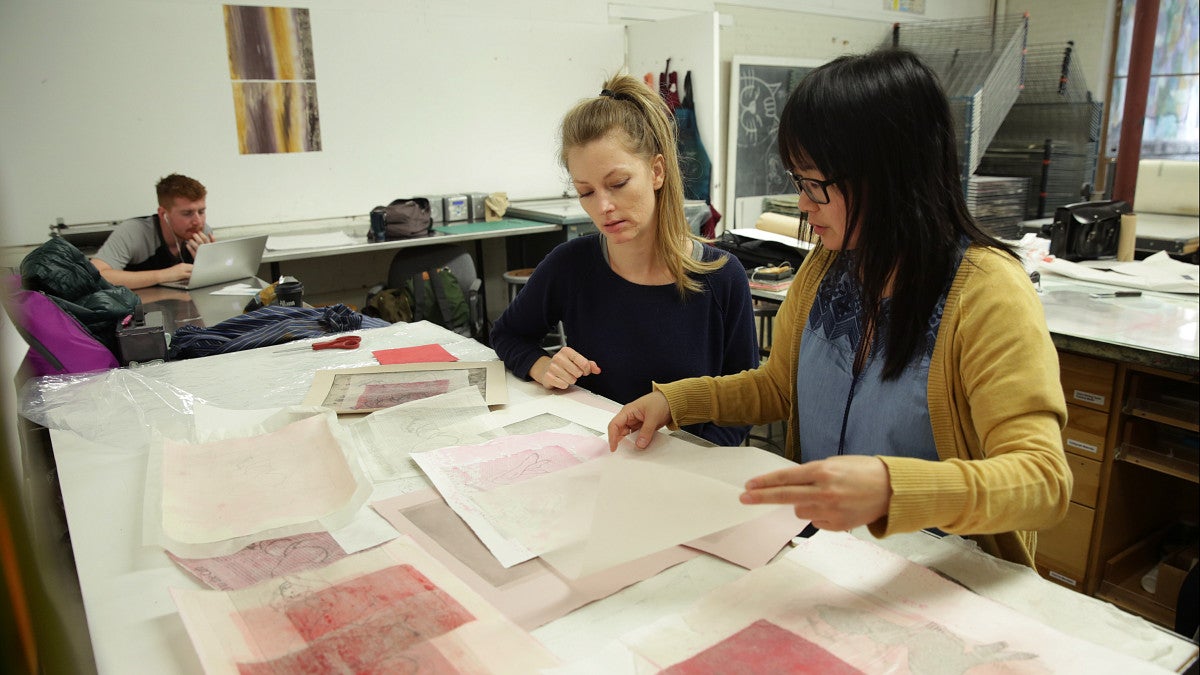Students in the Russian, East European, and Eurasian Studies program learn about the peoples living in the eastern third of Europe, throughout the northern steppes of Central Asia and across Siberia to the Pacific Ocean. Settled over a territory that spans half the earth’s time zones, these peoples have been ruled by some of the most powerful empires in history—including the Byzantine, Mongolian, Holy Roman, and Soviet empires. This expansive history has created a complex mosaic of cultures, expressed in literature and art as well as in institutions and social forms.

Incoming Students
Within the Russian, East European, and Eurasian Studies program, you'll pursue your studies in courses that incorporate fascinating cultural material and are designed to get you speaking the language right away. Our small class sizes mean you'll get plenty of personalized attention while pursuing your degree in one of the oldest centers devoted to the study of Russia, Eastern Europe, and Eurasia in the US.

Current UO Students
As a Russian, East European, and Eurasian studies major, you'll have ample opportunities to immerse yourself in Eastern European culture while learning a fascinating language of global and regional importance. Whether you’re a heritage learner or completely new to the language, we have the right Russian language course to connect you with one of the most influential languages in the world.

Graduate Programs
The REEES graduate program is inherently interdisciplinary, incorporating courses from a host of departments across the university. Our excellent faculty, coupled with our strong Slavic library and museum collections, makes the UO an ideal place to study and research Russian, East European, and Eurasian cultures.
Scholarships and Funding
Need help funding your education? Apply for undergraduate scholarships from a variety of sources and learn more about funding options to support your graduate studies.

